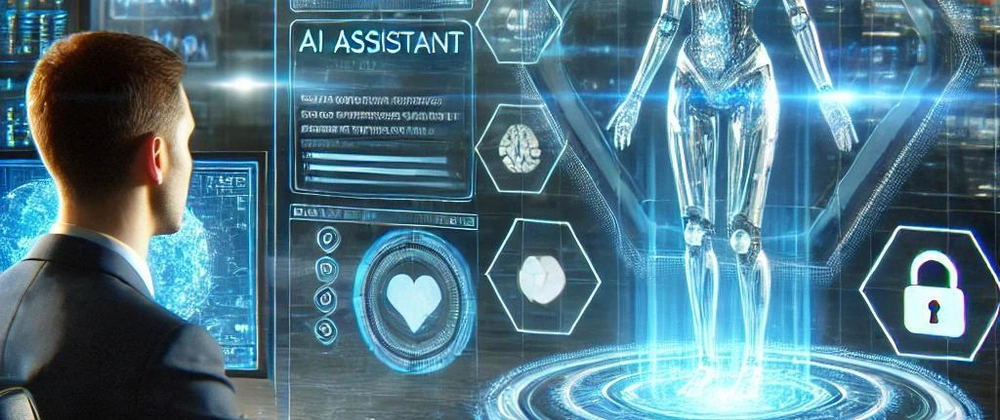So, Microsoft is unleashing AI-powered cyber sidekicks. Yes, you heard that right—digital minions to handle all the boring cybersecurity stuff. No more manually sifting through logs like a cyber archaeologist. These bots are here to save the day. Or maybe just take our jobs. TBD.
What’s the Deal? 💡
Microsoft’s AI agents are designed to assist cybersecurity pros by:
✅ Detecting threats faster than a caffeine-fueled SOC analyst 🏃💨\
✅ Automating response actions (a.k.a. making sure you don’t have to click a million things manually)\
✅ Learning from past incidents (because unlike humans, they don’t conveniently “forget” best practices)
Sounds amazing, right? But let’s not forget, the last time AI started getting "smart," we ended up with Skynet in The Terminator. Just saying.
Will They Replace You? 😱
Short answer: Nah.
Long answer: Not yet.
AI is here to assist, not replace (for now). It’ll take care of the repetitive, soul-draining tasks so that actual cybersecurity experts can focus on the big-picture stuff—like stopping that one dude who keeps clicking phishing emails labeled "YOU WON 1 MILLION DOLLARS!" 💰😩
The Real Power Move ⚡
If you’re in cybersecurity, your goal isn’t to fight AI. It’s to work with it. Learn how these AI agents function, fine-tune them, and make them your cyber sidekick instead of your replacement. Think of it like Batman and Alfred—except Alfred is a machine-learning algorithm, and Batman still has to deal with dumb humans clicking malware-ridden links.
The Bottom Line 📢
AI in cybersecurity is like hiring an intern that never sleeps, never complains, and doesn’t ask for a raise. As long as we keep it that way, we should be fine.
For now. 👀
What do you think—are AI sidekicks a blessing or the beginning of the robot apocalypse? Drop your thoughts below (or send them telepathically, if you’ve already upgraded to Neuralink). 🚀



Top comments (0)